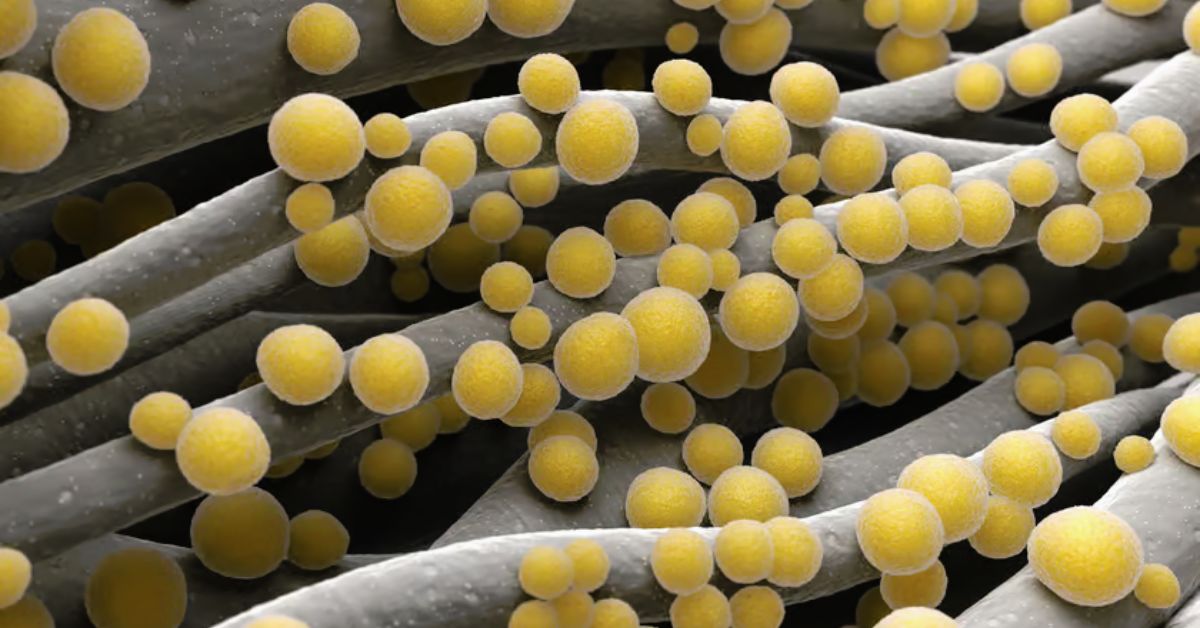Hospitals, while centers of healing, often pose a hidden threat to patients in the form of hospital-acquired infections. These infections, frequently caused by drug-resistant bacteria and fungi, can be challenging to treat and potentially life-threatening. However, there’s promising news on the horizon – an experimental vaccine that could change the landscape of hospital safety.
A Novel Approach to Hospital-Acquired Infections
Researchers at the University of Southern California (USC) have developed a groundbreaking vaccine that targets a broad spectrum of infections, all with a single shot. Unlike traditional vaccines that focus on specific pathogens, this experimental vaccine activates the innate immune system, bolstering the production of immune cells called macrophages.
The Power of Macrophages
Macrophages are immune cells present throughout the body, responsible for detecting and destroying foreign invaders such as bacteria and fungi. By harnessing the potential of macrophages, this vaccine takes a more holistic approach to safeguarding patients against infections, potentially including drug-resistant superbugs.
Effective Against a Range of Pathogens
The experimental vaccine has shown remarkable efficacy in tests conducted on mice. It significantly increased the levels of macrophages in the bloodstream, providing protection against infections caused by various drug-resistant bacteria, including MRSA, E. coli, Enterococcus faecalis, Acinetobacter baumannii, Klebsiella pneumoniae, and Pseudomonas aeruginosa. Moreover, it demonstrated effectiveness against common fungi, Rhizopus delemar, and Candida albicans.
Safe and FDA-Approved Ingredients
A noteworthy aspect of this vaccine is its composition, consisting of three FDA-approved ingredients: aluminum hydroxide, monophosphoryl lipid A, and a fragment of a common skin fungus. These ingredients have a track record of safety in vaccines, offering reassurance regarding their use in humans.
Rapid Action and Potential for Boosts
A single dose of the vaccine begins working within 24 hours and provides protection for up to 28 days. Researchers have also found that a second dose can be administered to enhance efficacy, if necessary.
A Promising Future
The potential impact of this vaccine is significant. It could not only save lives by preventing hospital-acquired infections but also slow down the development of antibiotic resistance by reducing the need for these drugs. The next step in realizing this potential is human clinical trials, which researchers plan to pursue with the support of the FDA.
Hospital-acquired infections have long been a concern for healthcare providers and patients alike. With this experimental vaccine, there’s hope for a safer hospital environment where patients can focus on healing without the added worry of infections. As the research progresses, it could mark a transformative moment in healthcare, safeguarding patients from a wide range of threats.
